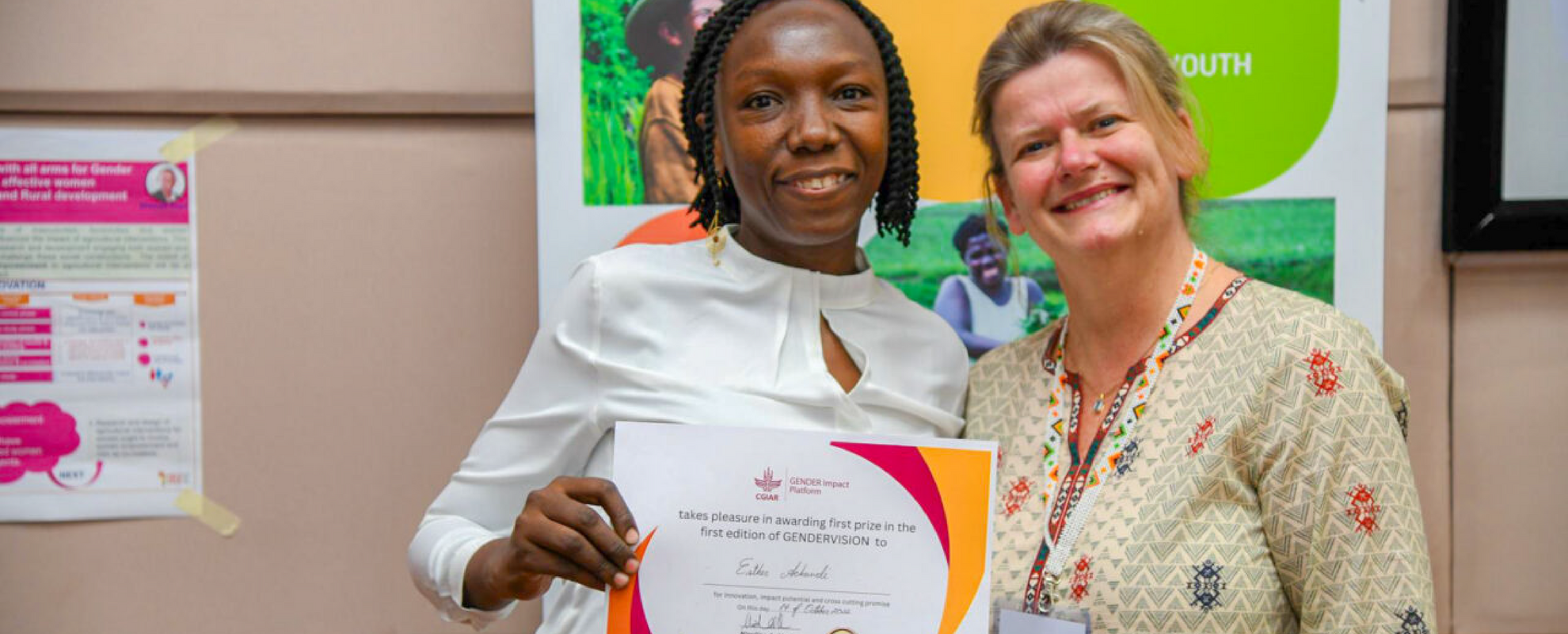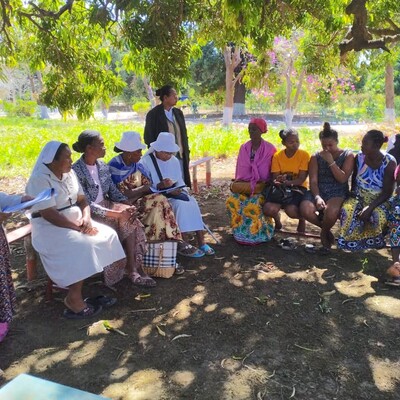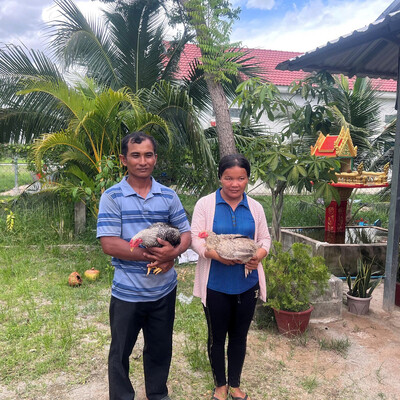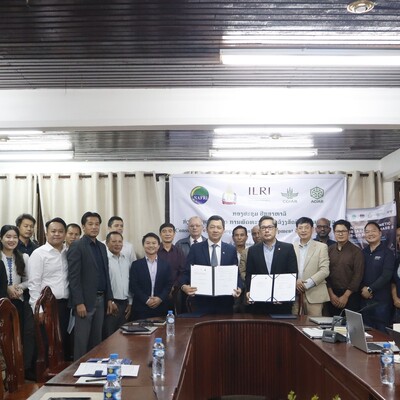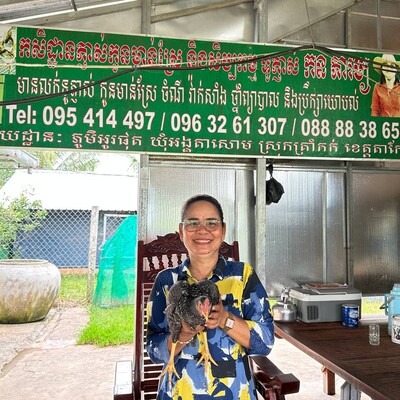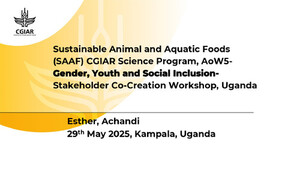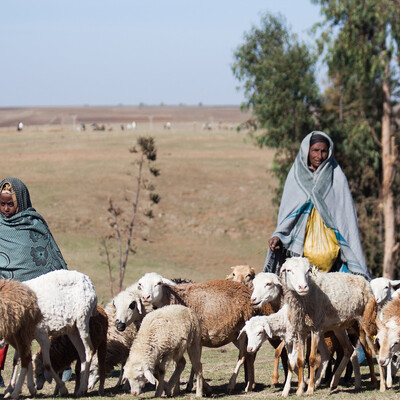
Exploring ubuntu and women’s empowerment in Burundi
In October 2022, at the CGIAR GENDER Science Exchange organised by the CGIAR GENDER Impact Platform, five early-career researchers put themselves forward for ‘GenderVision!’—an idea contest inspired by the international song competition Eurovision. Contestants pitched their research ideas in a bid to win USD 10,000 to take their dream project forward.
Esther Leah Achandi, a post-doctoral fellow at the International Livestock Research Institute (ILRI), was announced the winner for her pitch to investigate context-specific definitions of ‘empowerment’.
Context-specific exploration is important for understanding how empowerment, as a global concept, fits within local culture and ways of life in communities. It also explores local perceptions towards empowerment when it comes to daily realities and ideals. In 2023, Achandi set out to explore the link between empowerment and the ubuntu way of life.
What is ubuntu?
Ubuntu (pronounced ùbúntú) is a longstanding, dominant philosophy across African communities. It is defined as altruism—a regard for and devotion to the interest of others. It is a way of life where one does not measure their value based on what they can attain of their own desires. Instead, value is defined by ideals of integrity, compassion and even self-sacrifice, such that the significance of one’s life lies in raising the value of other people’s lives¹. Ubuntu exists in African languages across the continent: ubuntu bulamu in Uganda, ubuntu in Rwanda and Burundi, umundu or umuntu amongst the Kikuyu of Kenya, vumuntu in Mozambique, unhu in Zimbabwe and giMuntu in the Democratic Republic of Congo are amongst several known uses.
Ubuntu creates a relational, broad frame for social relations within communities. But social relations are also often framed through axes of differentiation such as gender, or age. With gender being a primary aspect of social identity within most rural African communities, it is important to understand gender relations within ubuntu. Furthermore, how is the framework of ubuntu interpreted, experienced or even aspired to within the concept of empowerment? Because women do not live or pursue empowerment in a vacuum, reflecting on what empowerment means to both men and women in communities, and how this perception is influenced by ubuntu, can give a more complete picture of women’s empowerment within local contexts.
Read the full story on cgiar.org





